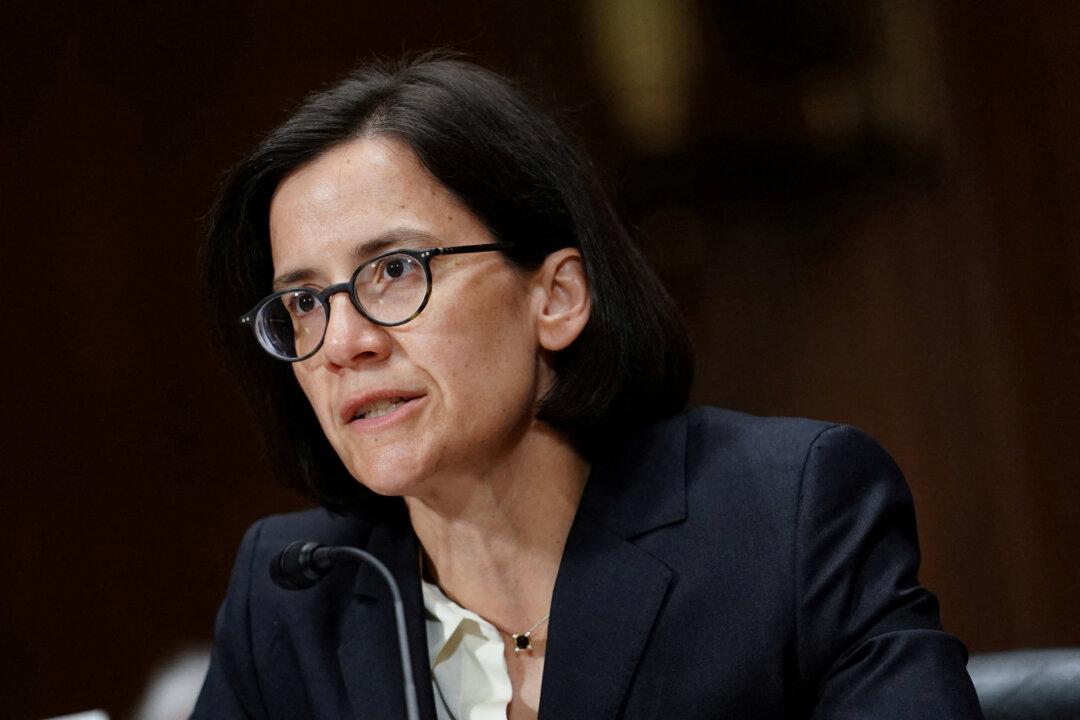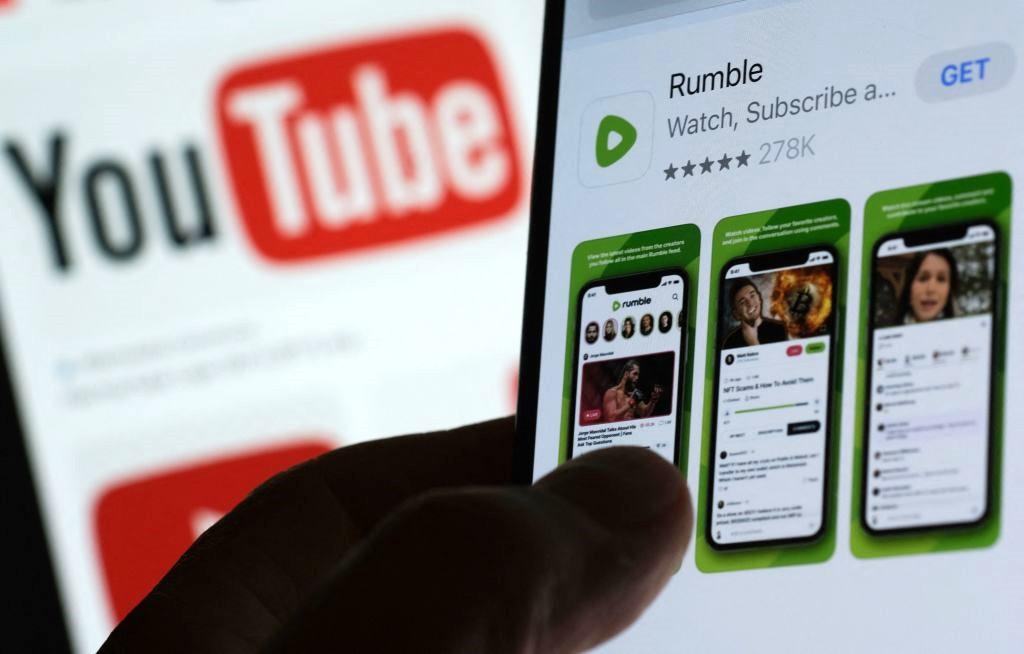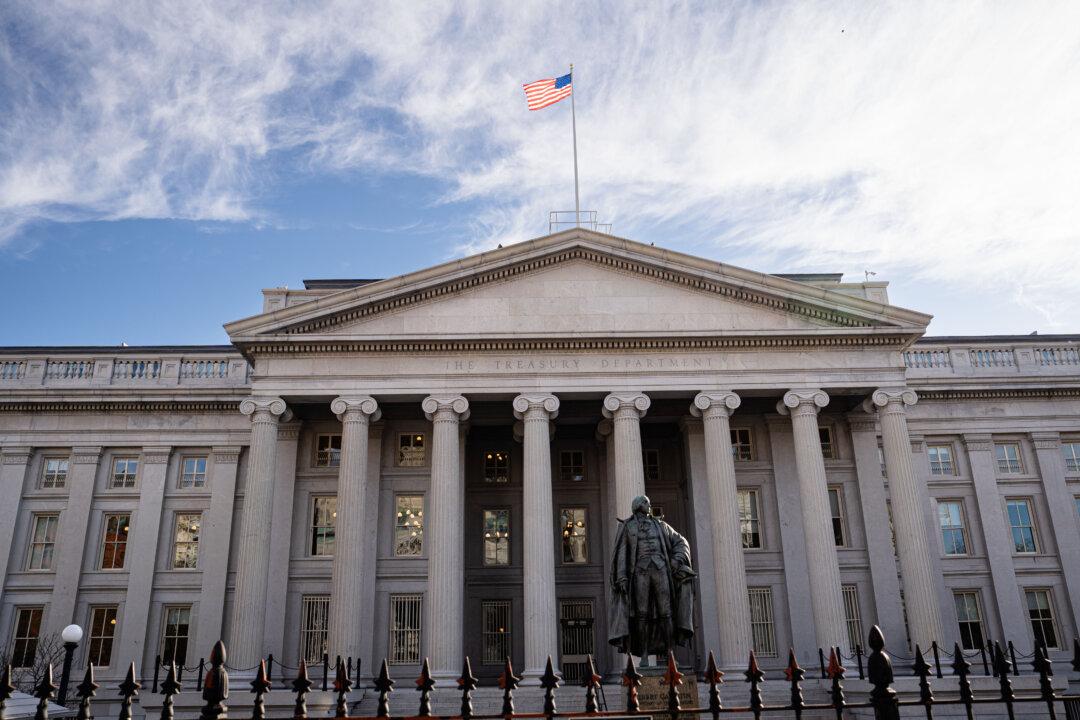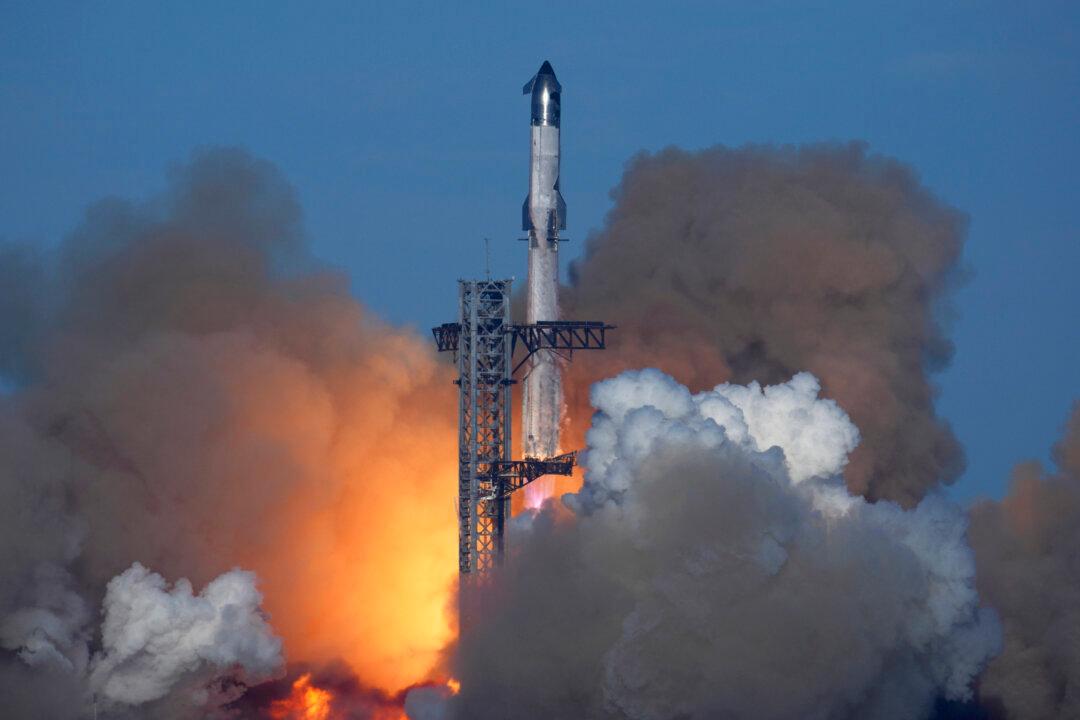The United States has no intentions of lifting the sanctions imposed on Chinese Defense Minister Li Shangfu, a State Department spokesperson said on May 22.
The spokesperson’s comments seem to retract those made by President Joe Biden during the G-7 leaders’ summit in Japan on May 21, when he said the idea of easing Li’s sanctions was “under negotiation right now.”
Miller said that Biden has “also made clear that we are not planning to lift any sanctions on him or on China more broadly.”
Li is an aerospace expert. In 2018, the United States sanctioned Li for engaging in the purchase of Russian weapons when he headed the Equipment Development Department of the Chinese military.
China appointed Li as its defense minister in March despite the U.S. sanctions. This move has raised concerns about the complications that may arise in bilateral military talks between China and the United States.

Austin emphasized the need for direct communication between defense ministers, such as having each other’s phone numbers on speed dial, as he noted that conflict between the two powers is “neither imminent nor inevitable.”
“I think it is critical when you have two countries with these type of capabilities” operating in congested, contested waters, Austin said in his written testimony.
Li’s Appointment Made ‘on Purpose’
According to U.S.-based commentator Chen Pokong, although Li’s role as defense minister is largely symbolic with limited authority, Chinese leader Xi Jinping may have some special considerations in mind when making this decision.Chen said that because the U.S. and Chinese militaries need to maintain contact, especially defense ministers, the U.S. side would have to contact Li, but in doing so, the U.S. sanctions would be voided. This indicates that the CCP has seemingly challenged the United States.
On the other hand, if the United States does not contact Li, it would be equivalent to the U.S. military not maintaining contact with the top Chinese military authority, Chen added.
“In that case, if an unexpected military conflict occurs between the two countries, or to the point that a world war is eventually started because of the bilateral conflict, it is the United States that should bear the moral responsibility because it is the United States that fails to communicate with China in a timely manner,” he said.





